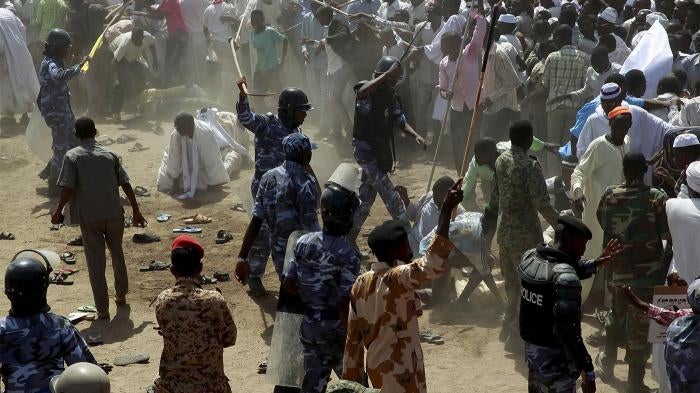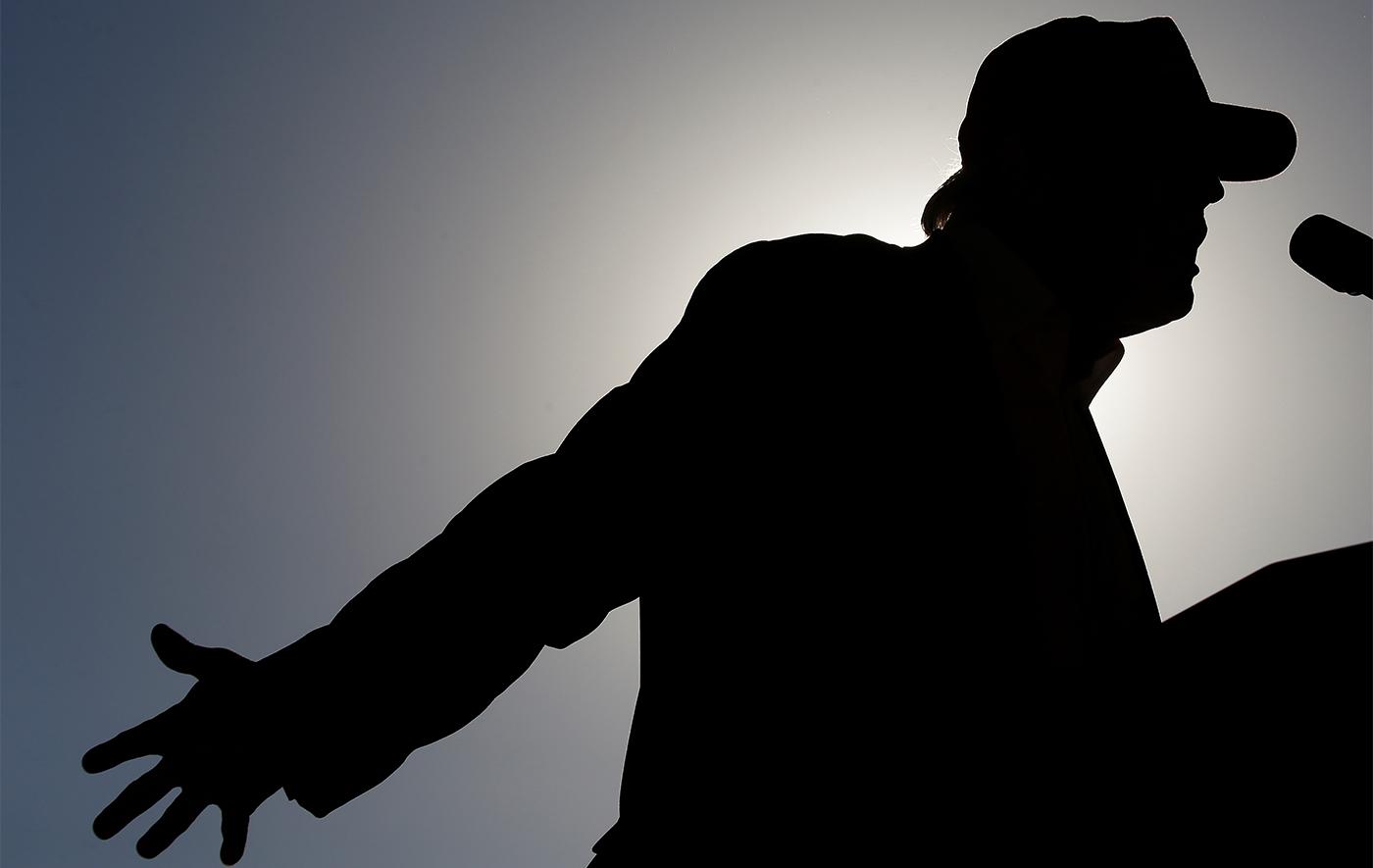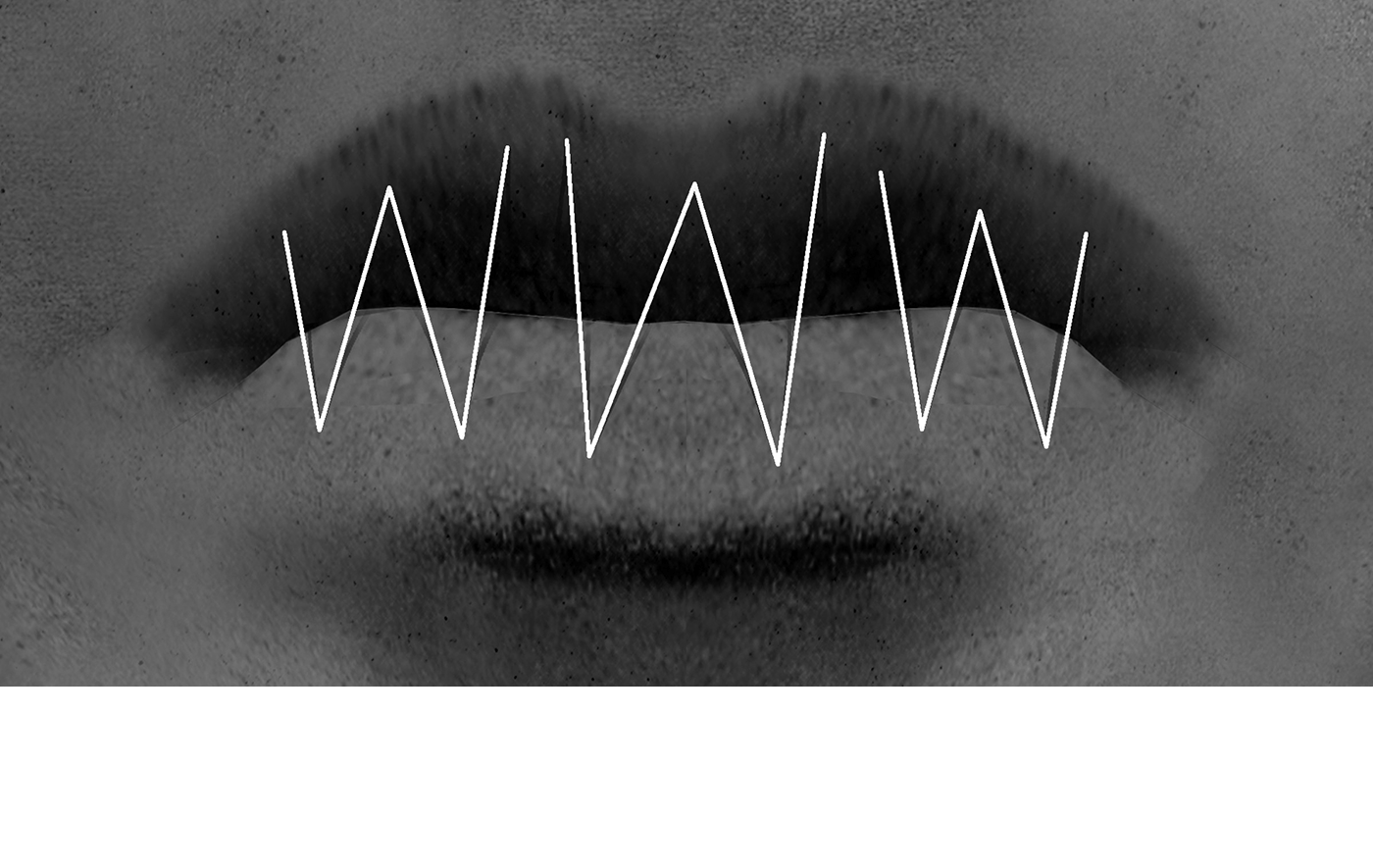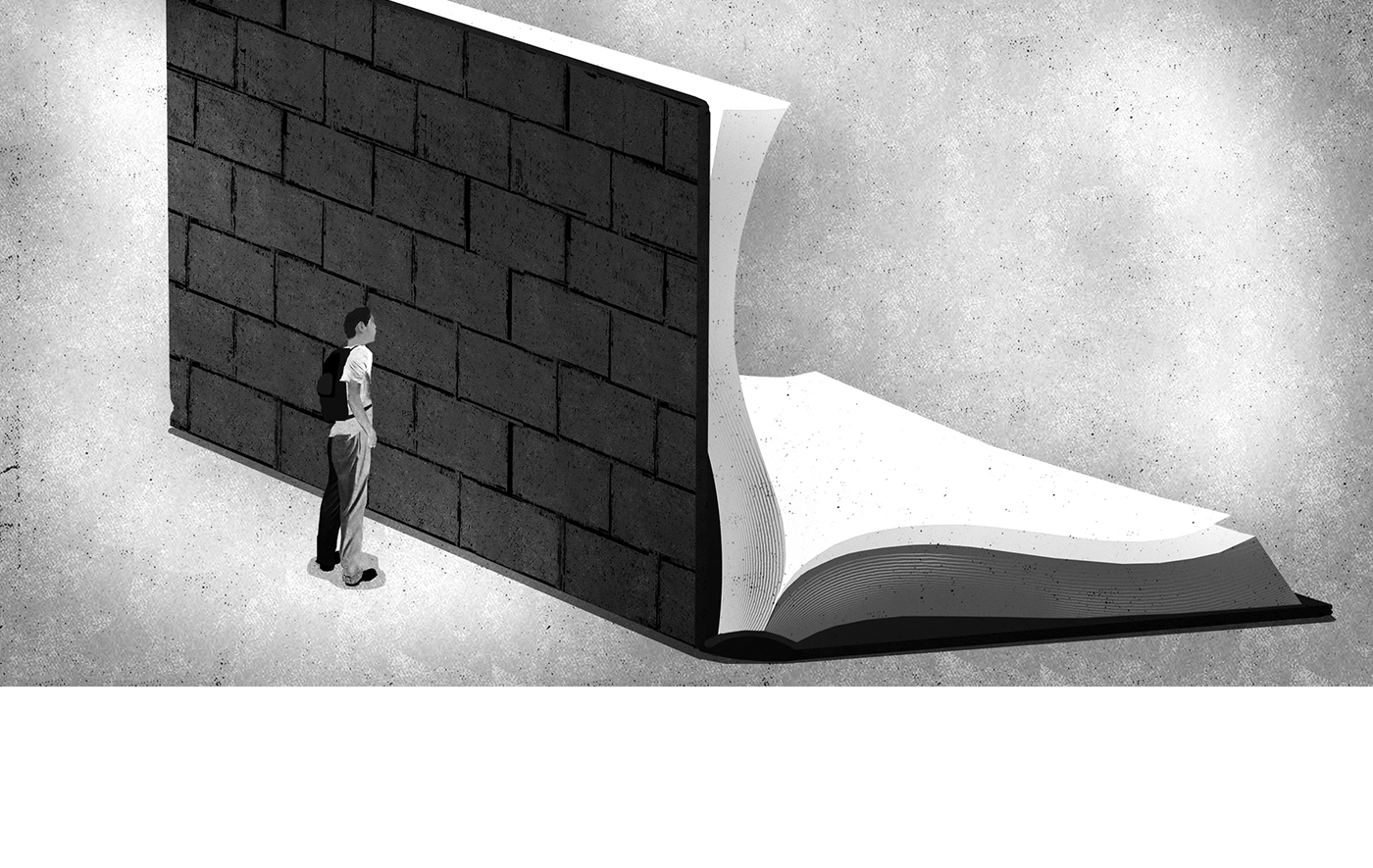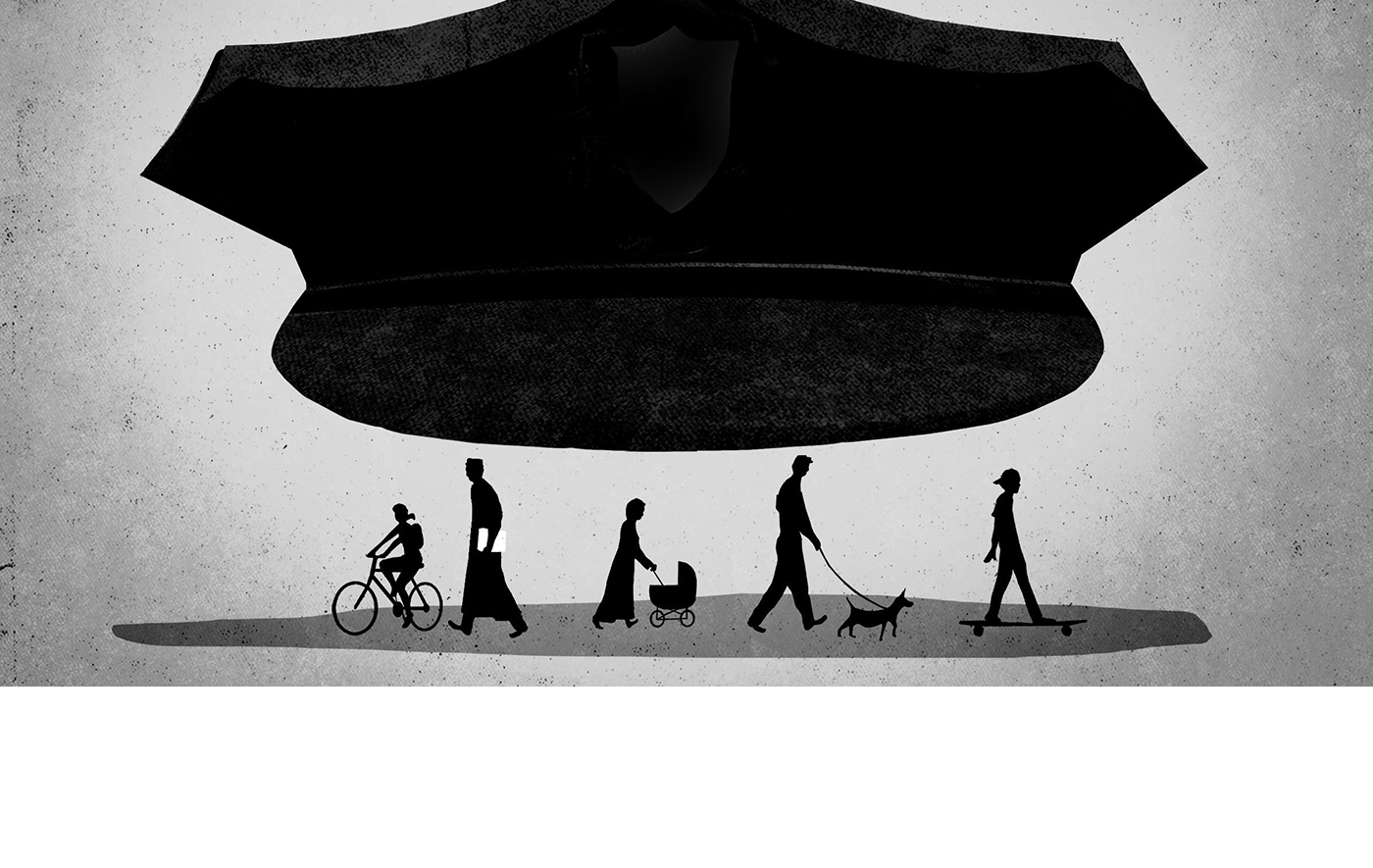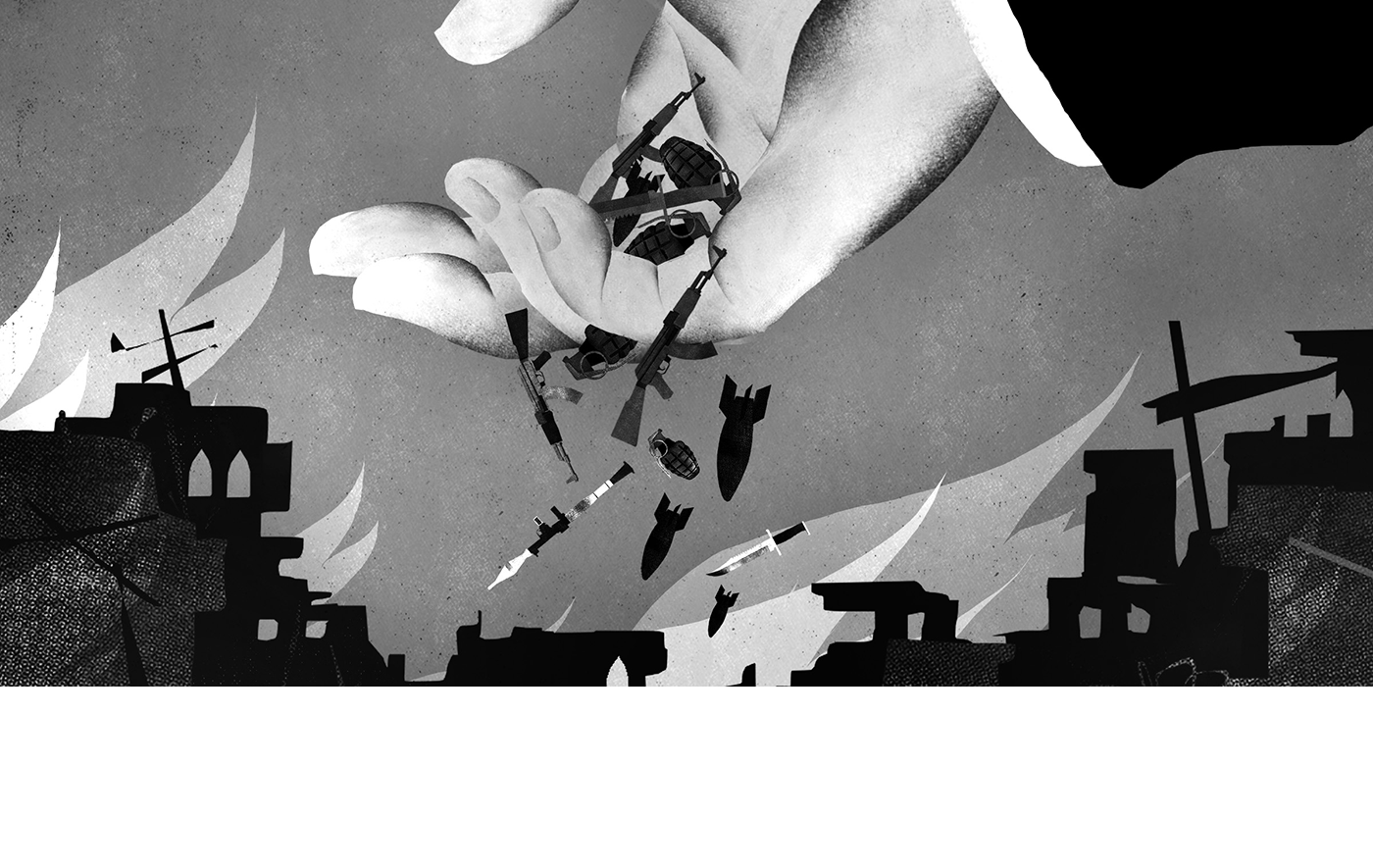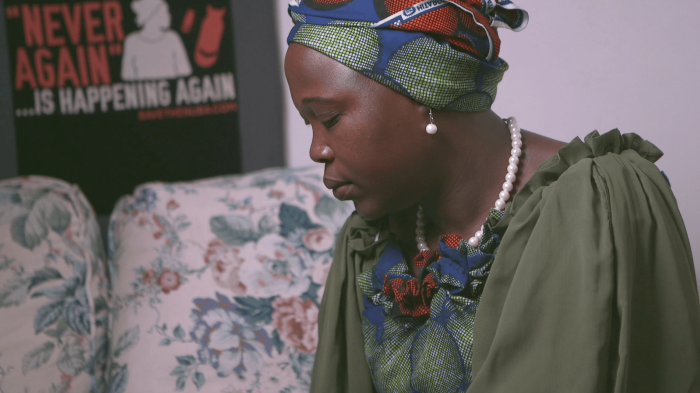Sudan’s human rights record remains abysmal in 2016, with continuing attacks on civilians by government forces in Darfur, Southern Kordofan, and Blue Nile states; repression of civil society groups and independent media; and widespread arbitrary detentions of activists, students, and protesters. The ruling National Congress Party proceeded with a national dialogue process to pave the way for a new constitution and government, following the independence of South Sudan in 2011, despite a boycott by several opposition parties.
Conflict and Abuses in Darfur
In January, Sudan’s armed forces, including the Rapid Support Forces and allied militia, launched coordinated ground and air attacks on populated villages in Jebel Marra, the rebel stronghold in Central Darfur. These attacks continued for much of the year, following Sudan’s “Operation Decisive Summer” campaigns in Darfur in 2014 and 2015.
Government forces killed civilians, raped women and girls, and destroyed hundreds of villages. In September, the United Nations found the violence had displaced up to 190,000 people, many of whom are not accessible to humanitarian agencies. Elsewhere in Darfur, attacks on civilians by government forces and inter-communal fighting over land and resources also resulted in deaths, destruction and displacement.
Amnesty International alleged that the government used chemical weapons against civilians. However, Sudan, a party to the Chemical Weapons Convention since 1999, denied the findings and limited the scope of investigation by the Organization for the Prohibition of Chemical Weapons (OPCW).
Government authorities continued to block the African Union/United Nations peacekeeping mission, UNAMID, from much of the Jebel Marra region, undermining the mission’s ability to protect civilians.
Amid the ongoing violence and abuses, authorities held a referendum on the administrative status of Darfur in April in which voters opted to keep Darfur’s current five states. Displaced communities and opposition groups boycotted the process, arguing the administrative divisions serve to undermine Darfur’s ethnic groups and empower Sudan’s ruling party.
Conflict and Abuses in Southern Kordofan and Blue Nile
For the fifth year, armed conflict continued between government forces and armed rebels in Southern Kordofan and Blue Nile, despite a declared ceasefire. In the Nuba Mountains, government forces and allied militias attacked civilians in villages and other populated areas in ground offensives and through indiscriminate bombing, particularly from March through June.
In May alone, attacks killed six children in Heiban, injured several more at their funeral and destroyed part of a school in Kauda, wounding a teacher. Government forces burned crops, looted food, and displaced people from farming areas. The attacks caused unjustified civilian deaths, including children, many injuries and destruction of civilian property.
The government has barred humanitarian agencies from working in rebel-held areas of Southern Kordofan and Blue Nile, and has failed to agree terms for humanitarian access with the rebel group (SPLM-N).
Arbitrary Detentions, Ill-Treatment, and Torture
Sudan’s National Intelligence and Security Service (NISS)—known for its abusive tactics, including torture, against real or perceived political opponents—detained activists, students, lawyers, doctors, community leaders and those perceived to be critical of the government.
In April, security officials detained dozens of students and activists in Khartoum, some for more than two months without charge, during violent crackdowns on protests at university campuses. In early May, armed security officials raided the offices of a prominent lawyer, Nabil Adeeb, and beat and arrested a group of students, their family members, and office staff. In July, security officers detained around 20 displaced community members who spoke to the United States special envoy in Niertiti, South Darfur. In October, security officials detained 14 doctors and summoned scores more for protesting working conditions and violence against medical professionals.
Many detainees were beaten and subjected to other forms of ill-treatment. Some female activists reported being sexually harassed by national security officers while in detention—exemplifying a pattern Human Rights Watch has documented of authorities using arbitrary detentions, sexual violence and public order codes to restrict or silence female human rights activists.
Freedoms of Peaceful Assembly, Association, and Expression
In January, security forces used live ammunition to disperse a protest in West Darfur over an attack on a village there. At least seven people including a child were killed in the incident.
In April, security forces violently suppressed student protests, using rubber bullets and tear gas to break up protests at the University of Khartoum and used live ammunition to disperse protests in North Kordofan and Omdurman, killing two students and injuring dozens.
To date, there has been no accountability for the victims of the violent crackdown on protests that took place in September 2013, when more than 170 individuals were killed, many by gunshot wounds to the chest or head.
Authorities also restricted civil society and blocked their participation in international events, including Sudan’s Universal Periodic Review (UPR) at the UN Human Rights Council in Geneva. In February, for the second time in a year, national security officers raided the Khartoum-based Tracks for Training and Human Development, confiscating equipment and detaining and interrogating staff. Criminal charges—including crimes against the state, which carry the death penalty—are pending against several affiliated activists, including three men who were detained in May and remained in detention at time of writing.
Security officials restricted media freedom, threatened journalists, and regularly confiscated newspapers throughout the year. In May, editions of the daily newspaper Al Jareeda were confiscated five times, most likely because of its reporting on the student demonstrations. In October, al-Watan was confiscated for its coverage of a countrywide medical workers’ strike.
Sudan also restricted religious freedoms and detained clerics. Three pastors and a Darfuri activist detained since December 2015 face espionage and other charges that carry the death penalty.
Refugees and Migrants
The head of Sudan’s Rapid Support Forces, implicated in wide-ranging abuses, announced that his forces intercepted migrants on the Libyan border, raising concerns that European Union support to East African states on migration, known as the Khartoum Process, may provide resources to abusive forces.
In August, the Italian government deported 48 Darfuris back to Sudan as part of a new agreement between Sudan and Italy to curb migration, in proceedings that appeared not to adequately protect the rights of asylum-seekers.
In December 2015, Jordanian authorities deported 800 Sudanese back to Sudan, and in July, Egypt deported 36 Sudanese without assessing their claims to asylum. In May 2016, Sudanese officials deported hundreds of Eritreans, again without assessing their protection claims as required under international law, to likely abuses in Eritrea.
Legal Reform
The National Security Act of 2010 and laws governing media, voluntary organizations, and public order regime are especially problematic and violate international human rights norms to which Sudan is bound.
The NISS has broad powers to arrest and detain people for up to four-and-a-half months without judicial review, months beyond the international standard. Constitutional amendments in January 2015 further empowered the NISS by designating it as a regular force with a mandate to combat a wide range of political and social threats.
Authorities continued to apply Sharia (Islamic law) sanctions that violate international prohibitions on cruel, inhuman, or degrading punishment. The penalties are applied disproportionately to women and girls, typically for morality “crimes” such as adultery or violations of the public order regime.
Sudan continues to criminalize consensual same-sex sexual activity and other behavior that impacts lesbian, gay, bisexual, and transgender (LGBT) communities, including anal sex between males with penalties as harsh as life imprisonment or death, and “indecent” or "immoral" behavior with a fine or up to 40 lashes.
Child Soldiers
In September, Sudanese authorities released 21 children allegedly associated with armed groups. Sudan signed an Action Plan with the UN to protect children from recruitment and use in conflict.
Key International Actors
The African Union’s High-Level Implementation Panel for Sudan and South Sudan continued to mediate peace talks for Southern Kordofan, Blue Nile, and Darfur with little success.
Sudan effectively expelled the fourth senior UN official in two years when authorities declined to renew the visa for the head of UN’s Office for the Coordination of Humanitarian Affairs (OCHA) in June. Sudan shut down an international aid agency in December 2015 and expelled three other humanitarian officials in early 2016.
In October, the European Parliament adopted an urgency resolution on Sudan calling on the EU to impose targeted punitive sanctions against those responsible for continued war crimes and non-cooperation with the International Criminal Court (ICC).
The UN Security Council renewed UNAMID’s mandate through June 2017, despite efforts by Sudan to restrict and even end the mission’s operations, and extended the mandate of the UN Interim Security Force for Abyei through mid-May 2017
In September, the Human Rights Council extended the mandate of the independent expert for one year. The UN Panel of Experts on the Sudan released the findings of its monitoring of the Darfur sanctions regime in 2015, citing evidence of continued aerial bombardments, use of cluster munitions, and other violations of international humanitarian and human rights law.
Since June 2005, the ICC has conducted investigations into crimes committed in Darfur. The ICC has issued arrest warrants for five individuals, including for President Omar al-Bashir, for war crimes, crimes against humanity, and genocide. At time of writing, all remain outstanding, and Sudan has refused to cooperate with the court in any of the cases. Al-Bashir remains a fugitive, but his travel has been restricted. A number of anticipated trips abroad have been cancelled, rescheduled, or relocated amid diplomatic and public outcry, particularly by African civil society groups.
